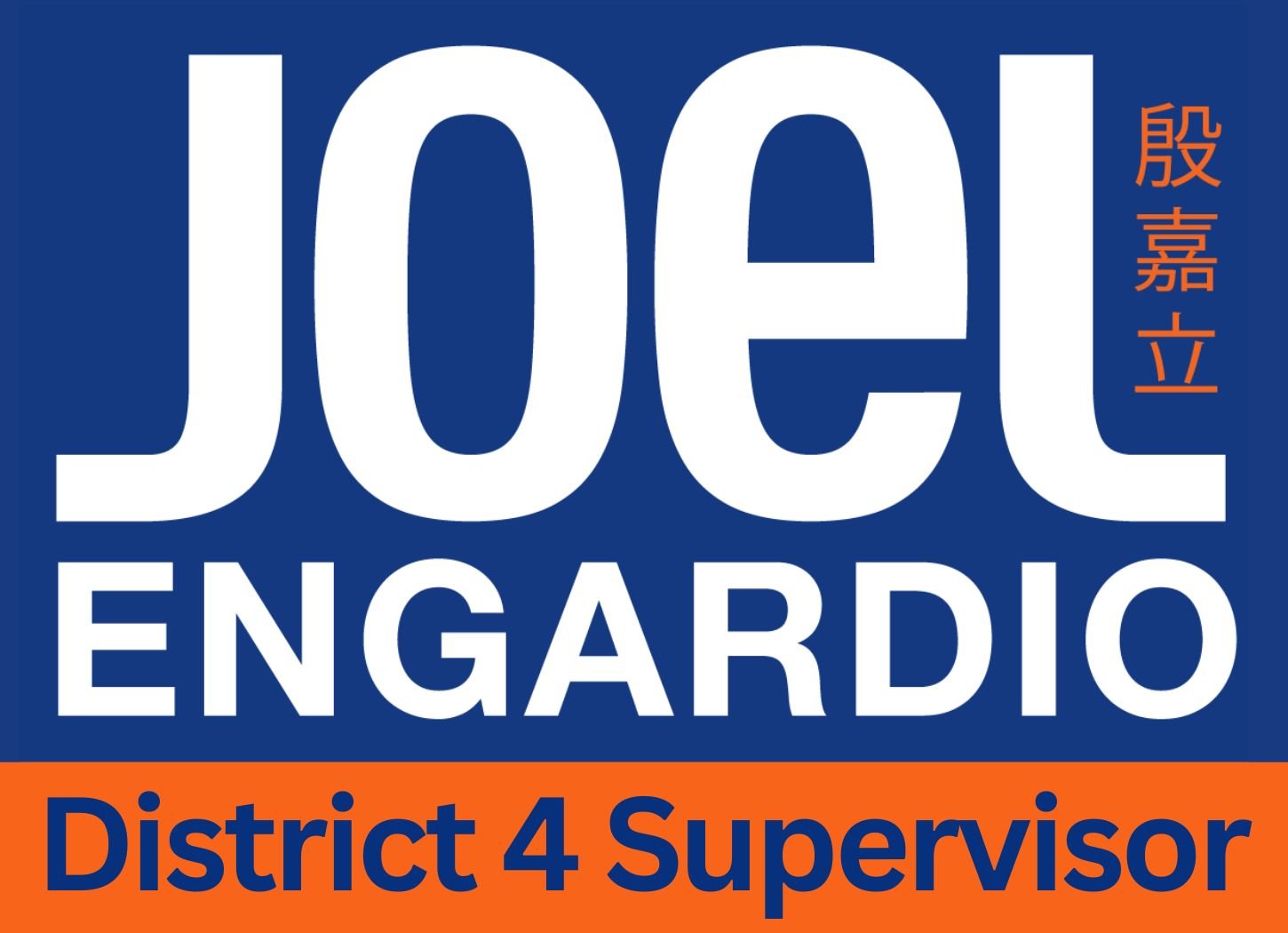A Green Rainbow for Our Time
Angelic Williams created an app called My Umbrella that tells LGBTQ people of color where to find welcoming businesses. It was inspired by The Green Book, which helped African Americans travel safely in Jim Crow America.
By Joel P. Engardio
A road trip in Jim Crow America was a nightmare for African Americans who feared being arrested or beaten up when stopping for gas, food or lodging.
It was illegal for African Americans to drive through many towns after sundown in the segregated south. Even non-segregated states practiced roadside discrimination.
That’s why Victor Green and his wife Alma created a guide for safe journeys. The Negro Motorist Green Book listed restaurants, motels and service stations around the country that welcomed African American customers. Published from 1936 to 1966, it was indispensable for a generation of African American travelers.
Angelic Williams said her grandparents likely used The Green Book when they relocated to San Francisco from New Orleans in 1944.
Now, Williams has created an app inspired by The Green Book to help LGBTQ people of color find welcoming places.
MyUmbrella is an app for our time when African Americans are arrested for meeting in a Starbucks and a recent U.S. Supreme Court ruling could make it easier for business owners to use religious freedom as a reason to deny service to LGBTQ customers.
“It’s sad we need to reinvent The Green Book. But we’re in a political climate where people feel perfectly OK expressing racist and homophobic beliefs,” said Gretchen Sorin, a history professor at SUNY Oneonta’s Cooperstown Graduate Program, who is producing a documentary about The Green Book called Driving While Black with filmmaker Ric Burns. “It’s frightening enough to be a person of color today, let alone a person of color who is also gay.”
App creator Williams, 28, grew up in San Francisco’s racially and ethnically diverse Portola neighborhood. Her coming out was not easy, despite San Francisco’s reputation for celebrating LGBTQ people.
“My family is very religious. We’d drive through the Castro and they would often say gay people are sick,” Williams said. “Filipino kids from deeply Catholic families can have the same experience. So can Indian and Muslim kids who can’t talk about being gay because it’s culturally taboo.”
While Williams said her app wouldn’t turn away gay Caucasians shunned by religiously conservative families, the app is designed for the unique experience of being both LGBTQ and a person of color.
“We’re a double minority. To be a person of color on top of identifying as anything other than heterosexual is a double negative in society,” Williams said. “It’s hard to find refuge when a white-focused LGBTQ community can be racist. It’s also hard when homophobia can run rampant in our own communities of color. Finding where we fit in the world can feel insurmountable.”
Williams is engaged to a woman originally from the Caribbean. They like to travel and had an uncomfortable encounter in Hawaii last December.
They posed for a photo and a hotel employee insisted they not wear flowers behind their left ears because that would mean they were in a relationship.
“The hotel employee said, ‘you’re not together, right?’ and it pained me to say ‘no’ because I was afraid to find out why she was asking that question in such a judgmental way,” Williams said. “My app will let gay couples know where they can be themselves.”
Williams concedes her life was not in jeopardy in Hawaii, especially when she can hide her sexuality. But her app has the potential to save lives in places where being discovered or even perceived as LGBTQ poses an additional risk to a person of color.
“Back in the day skin color was the barrier, not sexual identity,” said Calvin Alexander Ramsey, the producer of another documentary called The Green Book Chronicles. “However, homophobic bad behavior can come from anyone, including people of color. That is why Angelic’s app is so important.”
Besides listing friendly establishments, the MyUmbrella app creates a safe virtual space for marginalized people to connect socially with “no swipes, no likes and no pressure.”
“I can't solve every LGBTQ problem with an app. But I hope to make life a little less lonely,” Williams said. “The umbrella represents what I’m trying to do. When the world is storming around you, this simple gadget protects you from the bad elements.”
LGBTQ-specific travel and business guides have followed The Green Book model since the 1960s, but they mostly catered to white, gay men. Few, if any, focused on LGBTQ people of color.
Williams’ version shows more women and non-binary individuals than typically seen in LGBTQ media. And the app doesn’t just list the nearest gay bar or advertise sexy underwear.
“MyUmbrella is very deliberate in who and what we feature in our marketing,” Williams said. “From restaurants and churches to tourist attractions, we welcome all who welcome us.”
What would the founders of The Green Book think of Williams’ app?
Historian and documentarian Sorin said Alma Green became a pioneer as an African American businesswoman and publisher when she kept The Green Book going and expanded it to Europe and South America after her husband Victor died.
“It’s notable that a woman of color like Angelic Williams is carrying on Alma Green’s legacy,” Sorin said. “Alma Green was very progressive and I have to think she would be OK with an app dedicated to LGBTQ people of color.”
Becky Wible Searles, director of The Green Book Chronicles documentary, agrees.
“Any light in a window that clearly says, ‘You are welcome here’ is a much-needed beacon in these times of fear and division,” Searles said. “Here's to rainbow lights in the window!”

